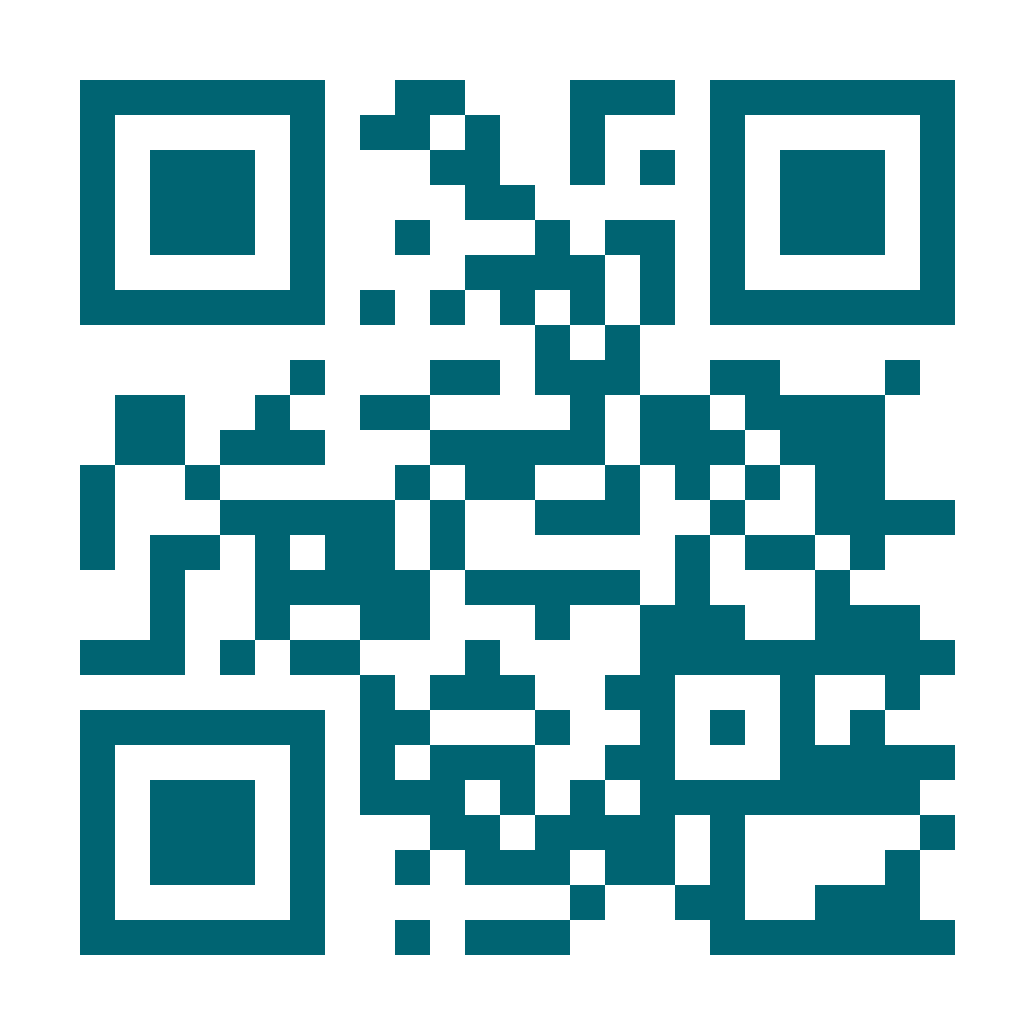29 November 2022
What is mandatory reporting?
7 min read
There are clear regulations in place to ensure they are provided quality care, and any incidents or non-compliance events are reported, managed and rectified. This is thanks to the Aged Care Act of 1997.
What is Mandatory Reporting in Aged Care?
The Aged Care Act was established to ensure reportable incidents and mandatory reporting in aged care in Australia. The Australian Aged Care Act safeguards the safety and wellbeing of older people in aged care homes. In February 2021, an amendment was passed to replace the existing mandatory reporting guide with the Serious Incident Response Scheme (SIRS).
Since April 2021, SIRS has mandated a more comprehensive approach for aged care providers. SIRS applies to both residential and flexible care services delivered within a residential aged care environment. Providers of care are now obligated to actively identify, record, manage, resolve and report all serious incidents in an aged care setting that have occurred, are alleged to have occurred or are suspected to have occurred.
SIRS is also designed to enable providers to take steps to ensure incidents do not happen again.
How?
Aged care providers must establish a documented set of protocols, processes, standards and operating procedures to manage reportable incidents. These reportable incidents include:
● unreasonable use of force against the residential care recipient;
● unlawful sexual contact, or inappropriate sexual conduct, inflicted on the residential care recipient;
● psychological or emotional abuse of the residential care recipient;
● unexpected death of the residential care recipient;
● stealing from, or financial coercion of, the residential care recipient by a staff member of the provider;
● neglect of the residential care recipient;
● use of physical restraint or chemical restraint in relation to the residential care recipient (other than in circumstances set out in the Quality of Care Principles); and
● unexplained absence of the older person from the residential care services of the provider.
SIRS covers more than the previous ‘reportable assault’ framework, which required providers to report alleged, suspected or actual assaults to the Police and Department of Health within 24 hours. SIRS removes the exception for alleged perpetrators with cognitive impairment, mandating reporting for a wider range of incidents.
The SIRS framework also offers protection to employees, residents, family members, volunteers and other past or present support providers who disclose abuse or neglect in aged care services. Overall, it empowers aged care providers to effectively manage and report on serious incidents.
Who is responsible for mandatory reporting in aged care?
Registered nurses, enrolled nurses, and nursing assistants are responsible for protecting residents from abuse by reporting any suspected or confirmed abuse of those in their care. Staff can inform their employer, directly contact the Police or Department of Health, or file a report with the Aged Care Quality and Safety Commission. Depending on the situation, reports can be directed to the Health Care Complaints Commissioner or Health Ombudsman. The person to whom the report is made has a legal obligation to investigate and act and to advise the person making the report that action has been taken and in what manner.
If the person making the report is not satisfied with the action taken, they are obliged to make the report to a higher authority. The person making the report must not be subject to any victimisation or discrimination in the workplace as a result of making the report.
Why is mandatory reporting important?
Mandatory reporting in aged care exists to protect the rights of older people who live in aged care homes. Strict systems ensure that as little as possible goes wrong and that aged care residences maintain the highest possible level of accountability.
Mandatory reporting in aged care and incident management
Since SIRS was introduced in 2021, aged care homes have been encouraged to create stringent protocols, so staff understand how to avoid and report serious incidents. They receive regular training, so they have a clear understanding of right vs wrong and a clear outline of what to do in the event of a worst-case scenario.
As a large national provider of aged care services, Estia Health residents’ and employees' safety and wellbeing are at the core of our care services. As such, we have historically had a well-established mandatory reporting Incident Management System for responding to and managing incidents and reporting them to the authorities and resident representatives, in a timely fashion. In March 2021, these processes were updated to align with the SIRS legislative obligations.
At Estia Health we have a clinical development team dedicated to educating our entire nursing staff, which holds regular in-service education modules for our employees. Additionally, we have a team of staff who report on the Commission’s updates and findings and ensure that all of our homes are constantly updated with new protocols. With more than 80 homes and 11,000 employees, we are constantly updating, educating and ensuring that our workplaces are safe, reliable and highly regarded.
Find out more about our homes, respite care and long term care.
